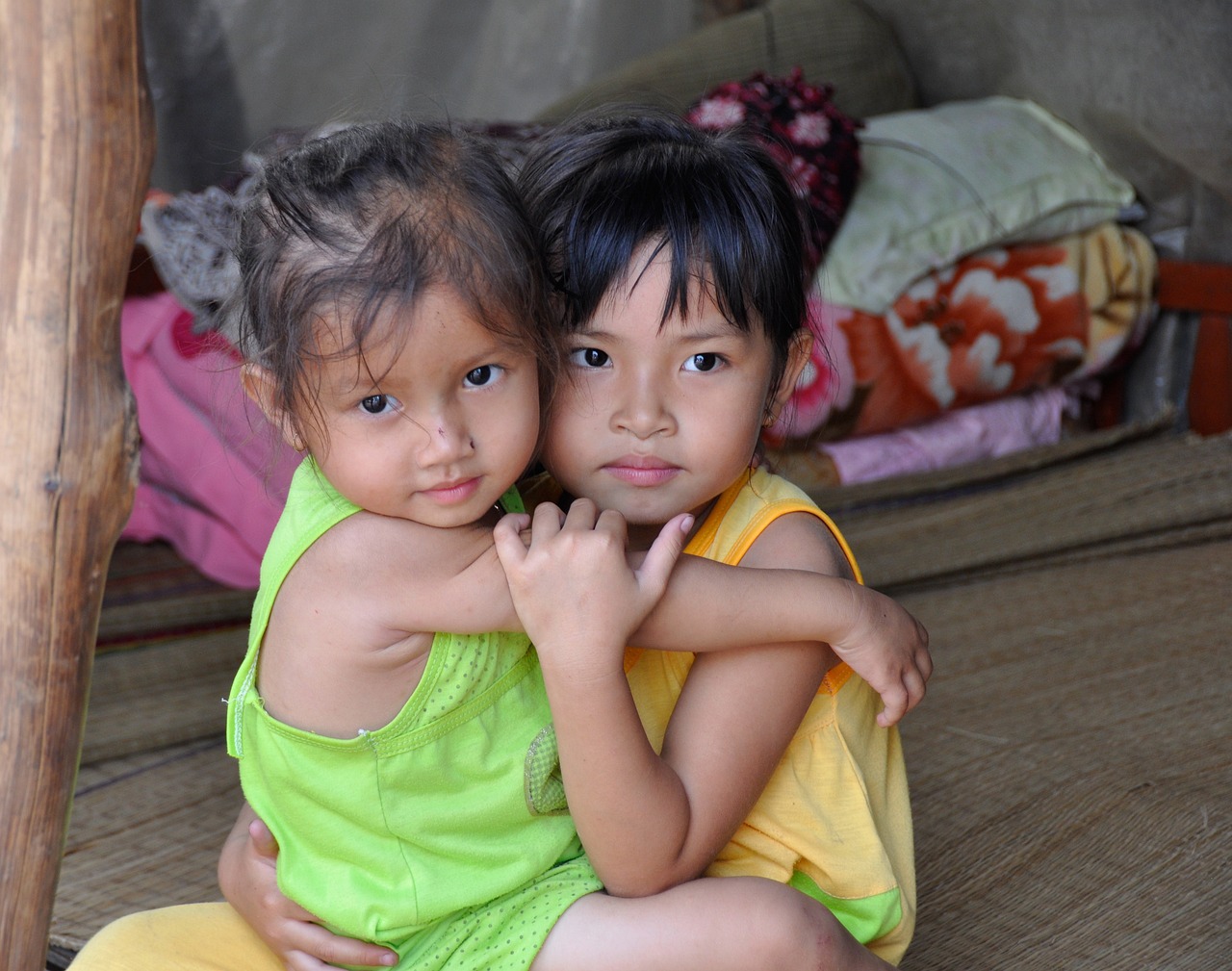Growing Interest in Natural Pediatric Health Solutions
Parents are increasingly exploring alternatives to conventional treatments for a wide range of pediatric health concerns. Conditions such as asthma, allergies, eczema, attention-deficit hyperactivity disorder (ADHD), digestive disorders, and anxiety are commonly addressed with medications. However, concerns over long-term pharmaceutical use have led many families to seek natural interventions that aim to address underlying imbalances rather than suppress symptoms.
Chinese medicine, including acupuncture and herbal therapies, offers a holistic approach to supporting children’s health by promoting balance and addressing the root causes of illness.
Pediatric Acupuncture: Safe and Adaptable for All Ages
Acupuncture is a well-established modality that can be safely used in infants, children, and adolescents. Treatment methods are adjusted based on age, comfort level, and specific needs. In pediatric cases, acupuncture needles may be quickly inserted and removed or retained for a short time, depending on how still the child can remain. Both approaches have been shown to be effective, and no single method is inherently superior in pediatric care.
Complementary Therapies in Pediatric Chinese Medicine
Herbal Medicine, Nutritional Supplements, and Homeopathy
In addition to acupuncture, Chinese herbal medicine, homeopathic remedies, and nutritional supplementation are frequently incorporated into pediatric treatment plans. These therapies provide continuous support between clinic visits and are tailored to the child’s condition. Herbs and supplements are typically available in child-friendly forms such as teas, tablets, or dissolvable pellets. Adherence to these therapies often plays a key role in treatment success, and various methods exist to help make these remedies more palatable for children.
Nutrition as a Foundation for Pediatric Wellness
Dietary changes often form the cornerstone of successful pediatric treatment. Nutritional guidance tailored to the child’s condition helps address inflammation, digestive issues, immune challenges, and behavioral symptoms. When integrated into daily routines, food becomes a powerful and accessible form of medicine that can enhance treatment outcomes across various health conditions.
Preparing Children for Acupuncture Sessions
Clear communication before an acupuncture appointment helps prepare children both mentally and emotionally. Children benefit from understanding what to expect during treatment, including the use of very fine needles—often described as being the size of a cat whisker. These needles are inserted just below the skin and are typically painless. Describing the sensation as a light “tap” can help reduce anxiety.
Using alternative, child-friendly terminology for “needle” may also improve comfort. Terms like “pin,” “magic wand,” or other imaginative phrases can align with a child’s comfort and personality. Familiar objects such as a stuffed animal or blanket may also provide reassurance during treatment.
Tips for a Positive Acupuncture Experience
Some children initially show hesitation toward acupuncture. Offering a small reward or incentive for completing the session, such as a favorite snack or toy, may encourage participation and build confidence. Ensuring the child is informed and mentally prepared before the session allows the practitioner to focus more time on treatment rather than reassurance.
Well-prepared children tend to experience less anxiety, show more cooperation, and demonstrate improved treatment consistency and outcomes.
Summary
Pediatric acupuncture, when adapted appropriately, is a safe and effective modality for managing a wide range of childhood conditions. When combined with herbal therapies, nutrition, and homeopathy, it provides a comprehensive natural healthcare approach. Preparing children in advance enhances the success of the treatment by fostering a sense of calm, cooperation, and engagement.
